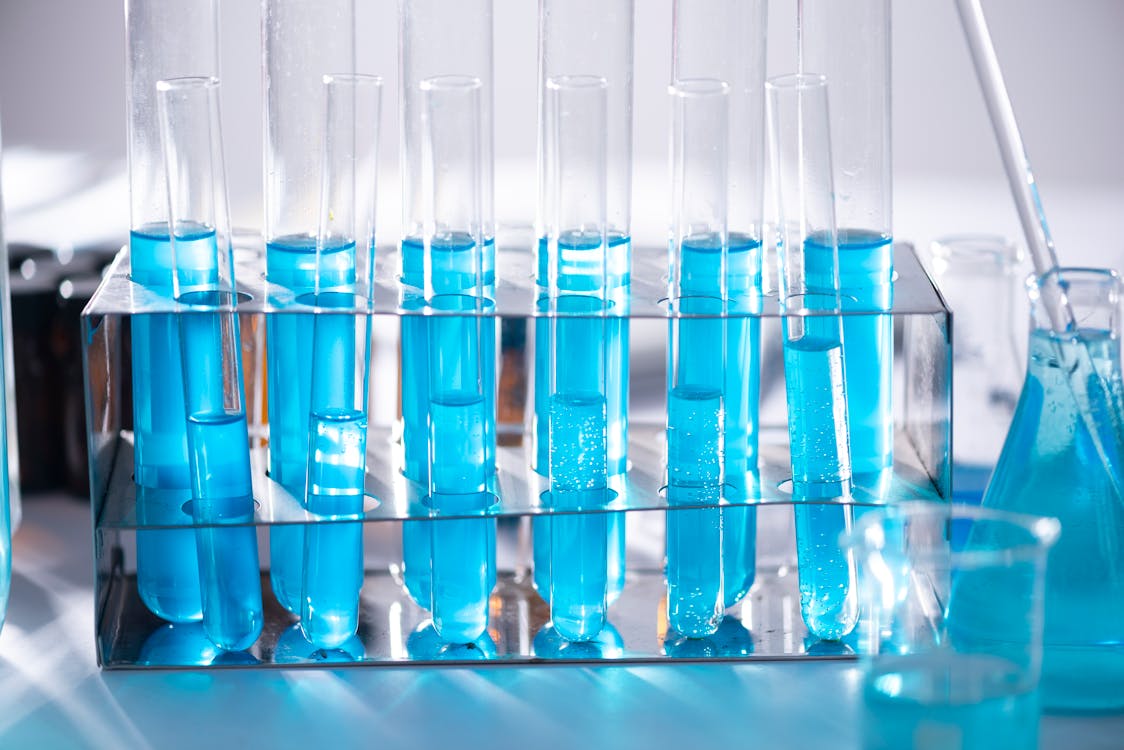Week In Review: HutchMed Announces $1.1 Billion Deal With Takeda For Colorectal Cancer Drug
TM Editors' note: This article discusses a penny stock and/or microcap. Such stocks are easily manipulated; do your own careful due diligence.

Image Source: Unsplash
Deals and Financings
Shanghai’s HutchMed (HCM) out-licensed global rights (ex-China) for a colorectal cancer therapy to Japan’s Takeda (TAK) in a deal worth up to $1.13 billion, including $400 million upfront (see story). Fruquintinib, an oral drug, inhibits VEGFR-1-2 and 3. In China, the drug has been approved for use in CRC since 2018, and HutchMed is currently filing for US and EU approval.
HutchMed believes fruquintinib has the potential to be used in subtypes of refractory metastatic colorectal cancer, regardless of biomarker status. In addition to the $1.13 billion, HutchMed will also pay royalties on net sales.
HBM Alpha Therapeutics, a novel endocrine disease biotech incubated by Harbour BioMed of the US and China, completed a seed financing to advance its two leading candidates (see story). The company is developing novel antibody therapies for congenital adrenal hyperplasia and polycystic ovary syndrome, with the lead candidate currently in IND-enabling stage.
HBM Alpha Therapeutics, headquartered in Cambridge, MA is a JV formed by HBM and Boston Children's Hospital, an affiliate of Harvard Medical School, which owned the original rights to the two candidates. The financing will be used to advance the molecules into clinical trials.
Trials and Approvals
Guangzhou Akeso was approved to market penpulimab, an anti PD-1 mAb, as a first-line treatment in China for squamous non-small cell lung cancer (see story). Akeso co-developed the drug with Sino Biopharma (SBHMY). In August, 2021, the drug was approved as a third line therapy to treat classic Hodgkin's lymphoma.
Last month, Akeso out-licensed ex-China rights for its bispecific PD-1/VEGF candidate to California's Summit Therapeutics (SMMT) in a deal worth up to $5 billion ($500 million upfront). Akeso develops first-in-class and best-in-class medicines for global markets.
Legend Biotech (LEGN), a New Jersey-Nanjing biotech, announced its CAR-T therapy improved Progression Free Survival compared to standard therapies in patients with relapsed-refractory multiple myeloma (see story). The results came from a global Phase III trial that enrolled patients with as few as one prior round of therapy.
The company did not release specific data from the trial. One year ago, the candidate, Carvykti® (cilta-cel), was approved in the US and EU as a fifth-line therapy for R/R MM. In late 2017, Janssen paid $350 million upfront to partner the drug with Legend.
Shanghai Junshi Biosciences’ (SHJBF) NDA for a COVID-19 treatment has been accepted for review by China’s NMPA (see story). The Deuremidevir Hydrobromide Tablet, known as VV11, is an oral nucleoside analog anti-SARS-CoV-2 drug that inhibits the replication of SARS-CoV-2.
In a Phase III trial, it lowered recovery time compared to Pfizer’s (PFE) Paxlovid, the current standard of care. VV116 was developed by a network of China government institutes, including the Shanghai Institute of Materia Medica, plus Suzhou Vigonvita Life Sciences and Junshi Bio.
Hangzhou Ascletis (ASCLF) reported China approved its IND for ASC10, an oral treatment for monkeypox (see story). The company described ASC10 as a double prodrug consisting of ASC10 and the single prodrug molnupiravir, a COVID-19 therapy, which are converted in vivo into the same active metabolite ASC10-A.
In preclinical studies, ASC10-A has shown broad spectrum antiviral activity against monkeypox and SARS-CoV-2 viruses. Ascletis has completed a Phase I safety trial in China for ASC-10 as a therapy for COVID-19. Monkeypox is an orthopoxvirus that causes symptoms similar to smallpox.
More By This Author:
Week In Review: Mabwell Out-Licenses Rare Disease Drug For $412.5 MillionWeek In Review: Qitan Raises $101 Million For Nanopore Sequencing Devices
Week In Review: WuXi Biologics Out-Licenses Four TCE Antibodies To GSK In $1.5 Billion Pact
Disclosure: None



